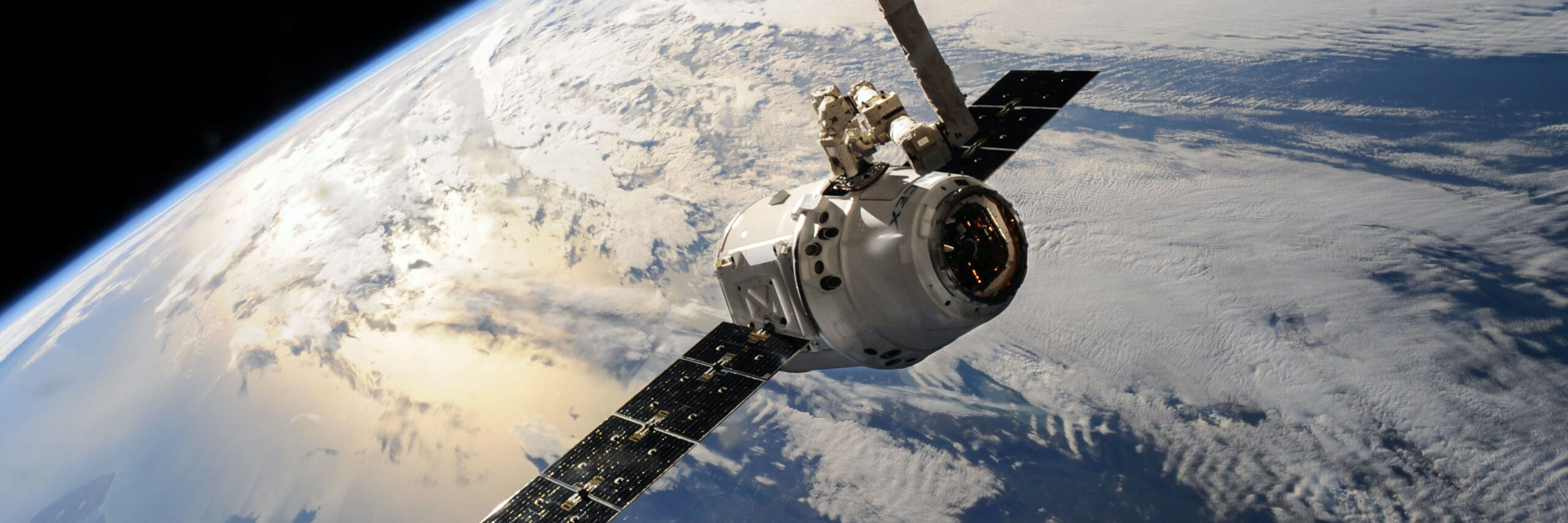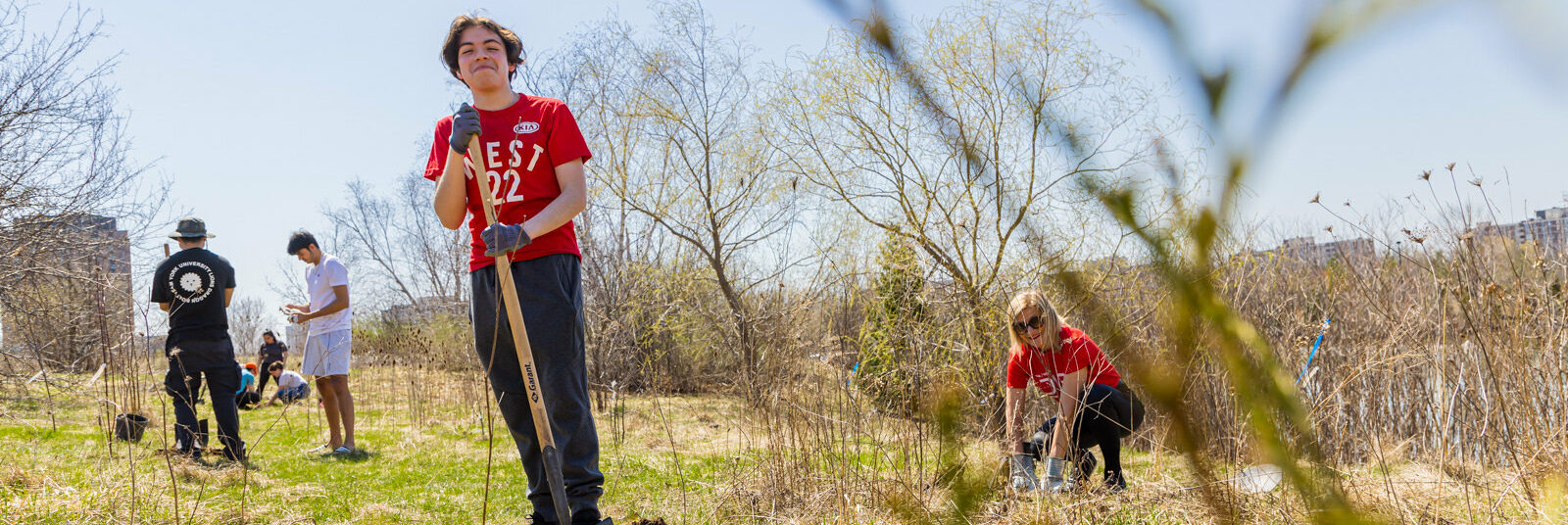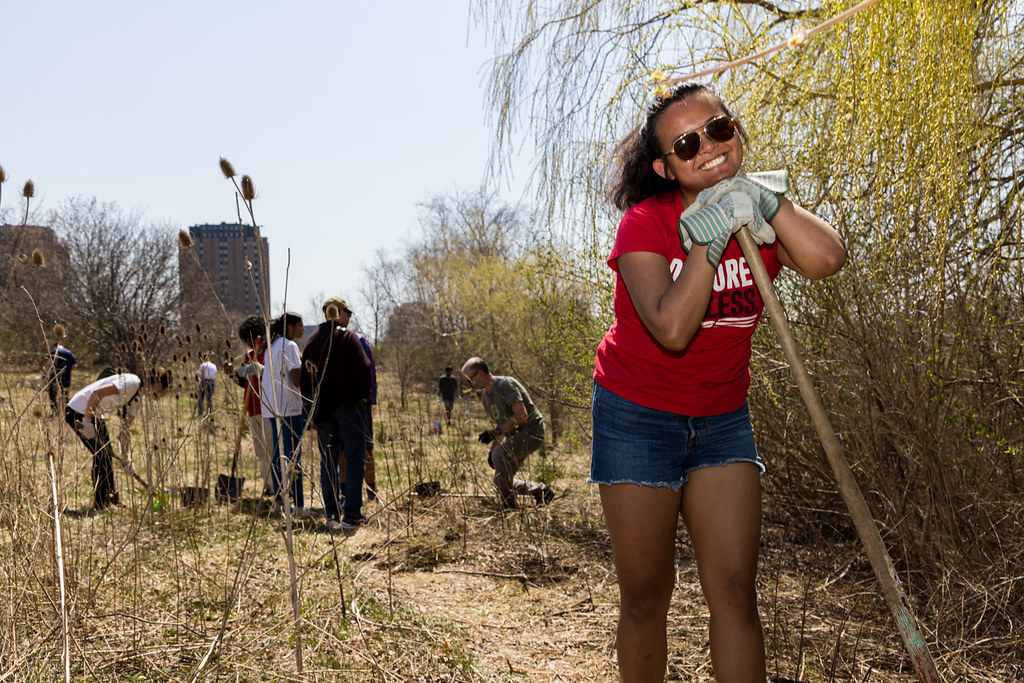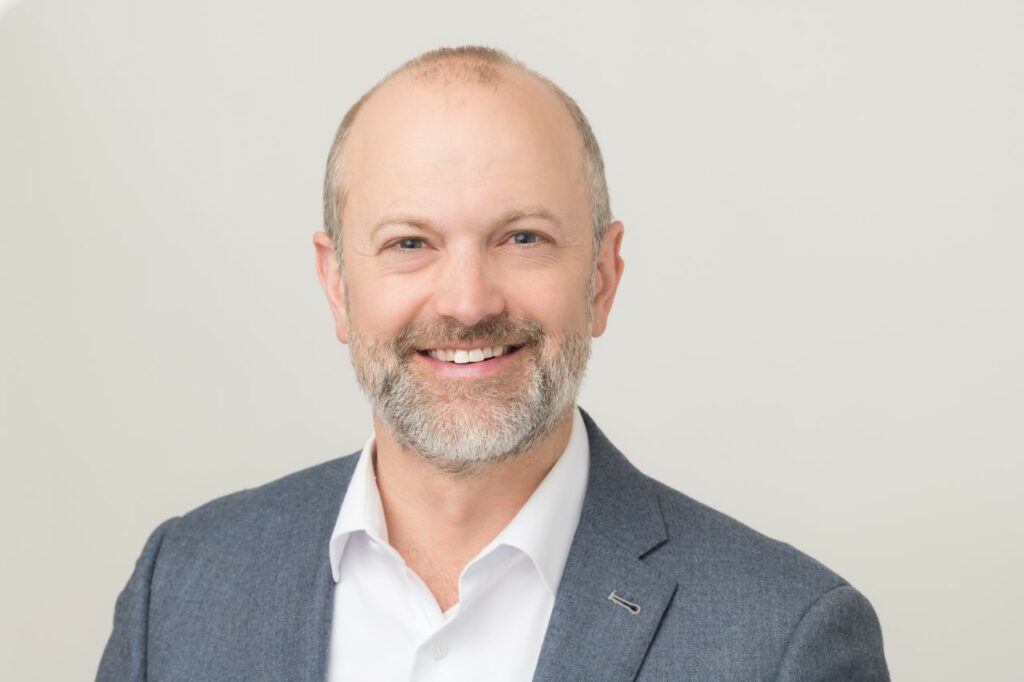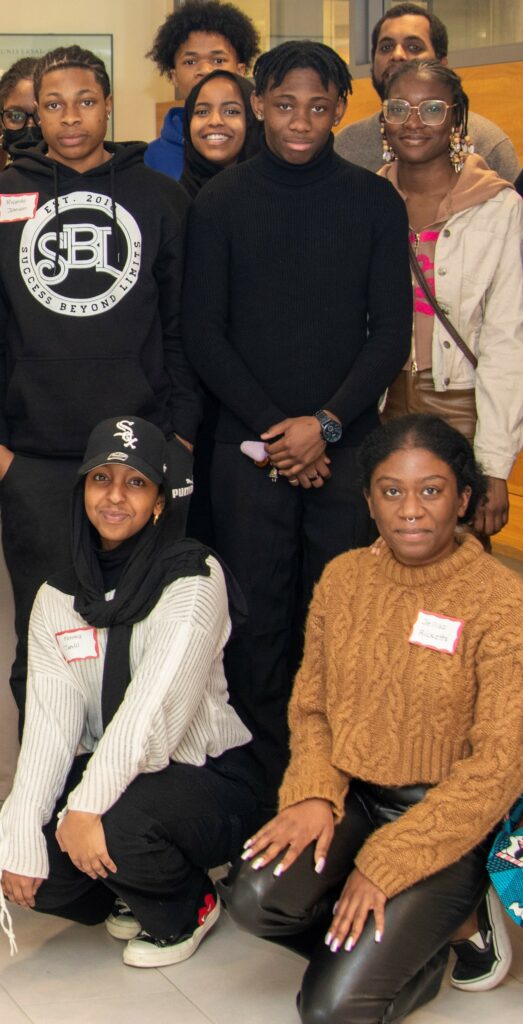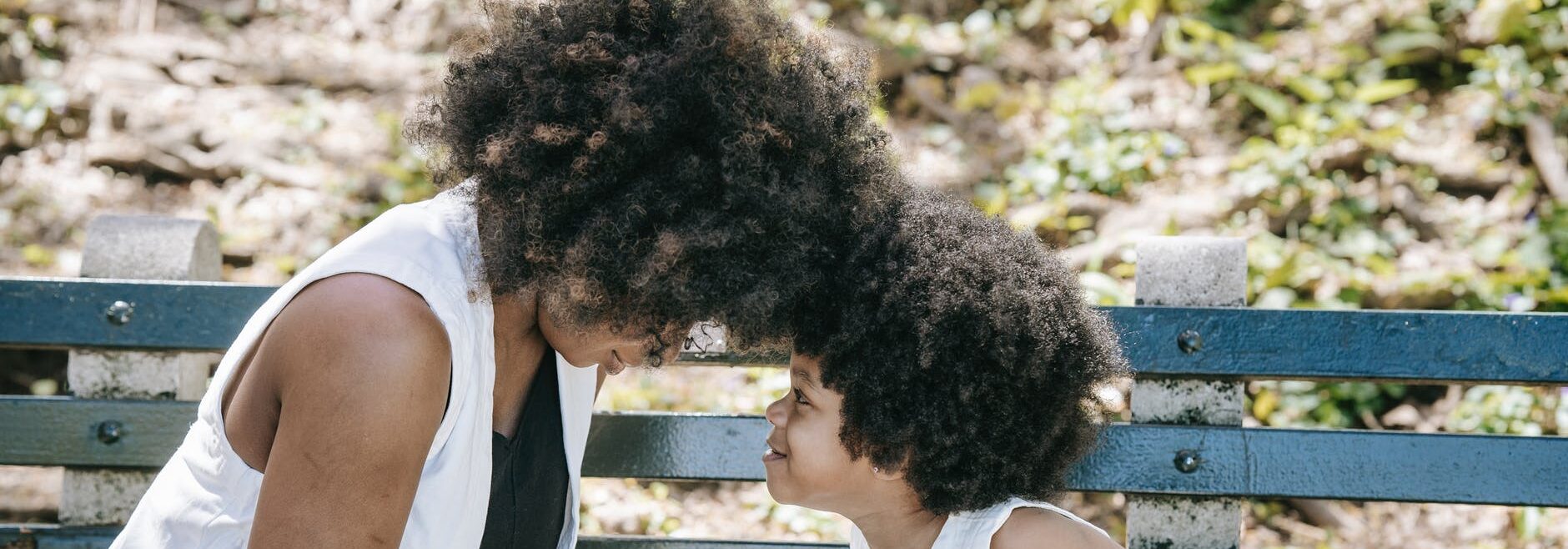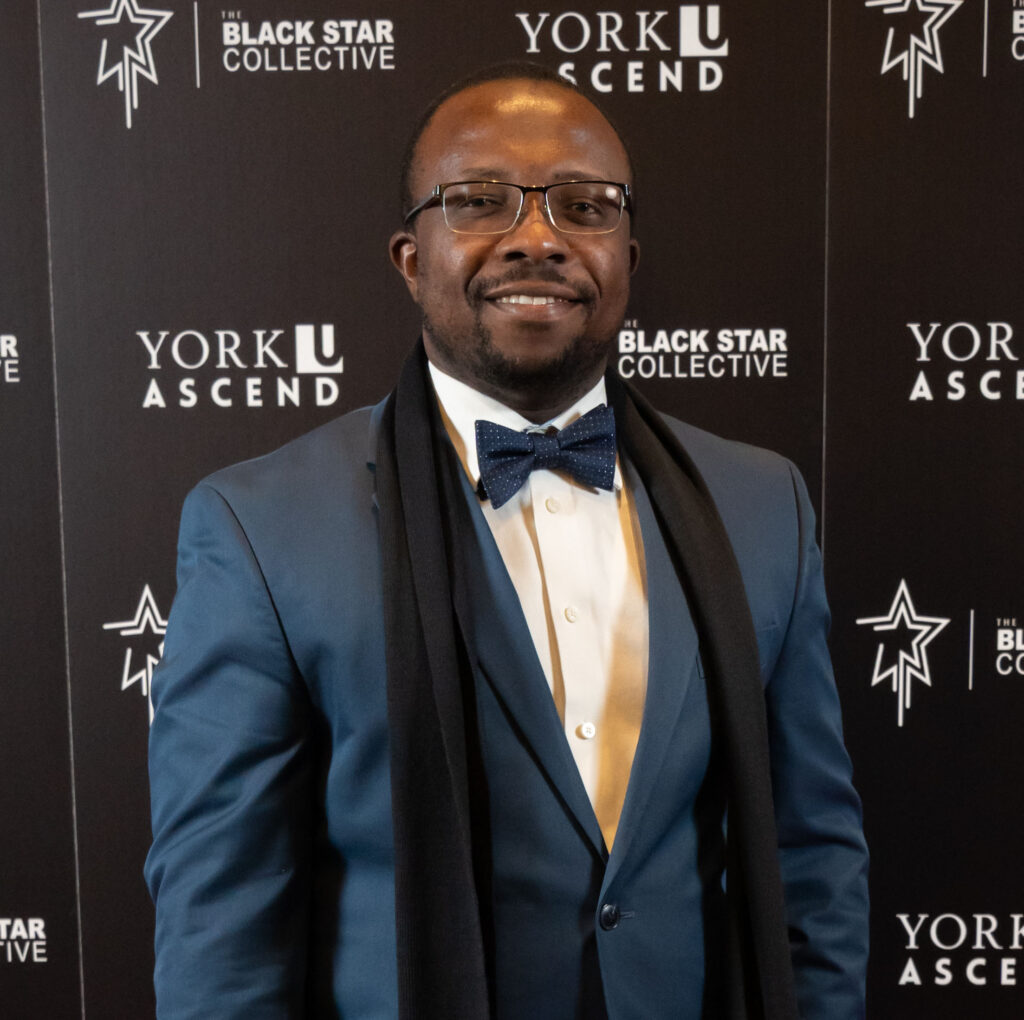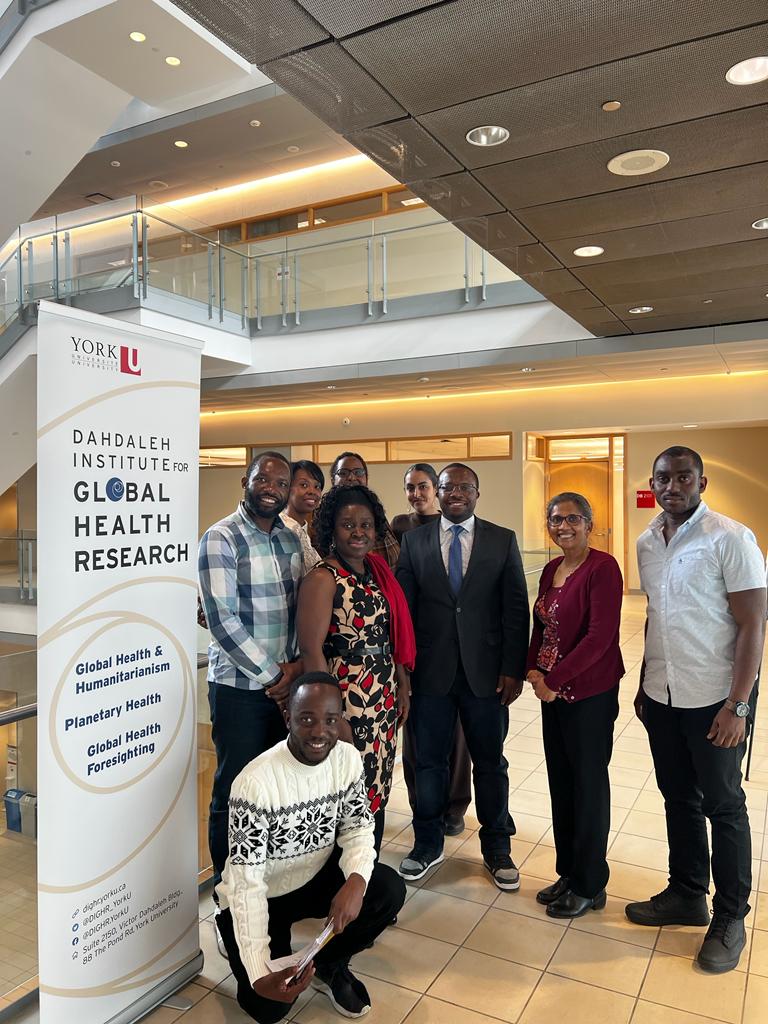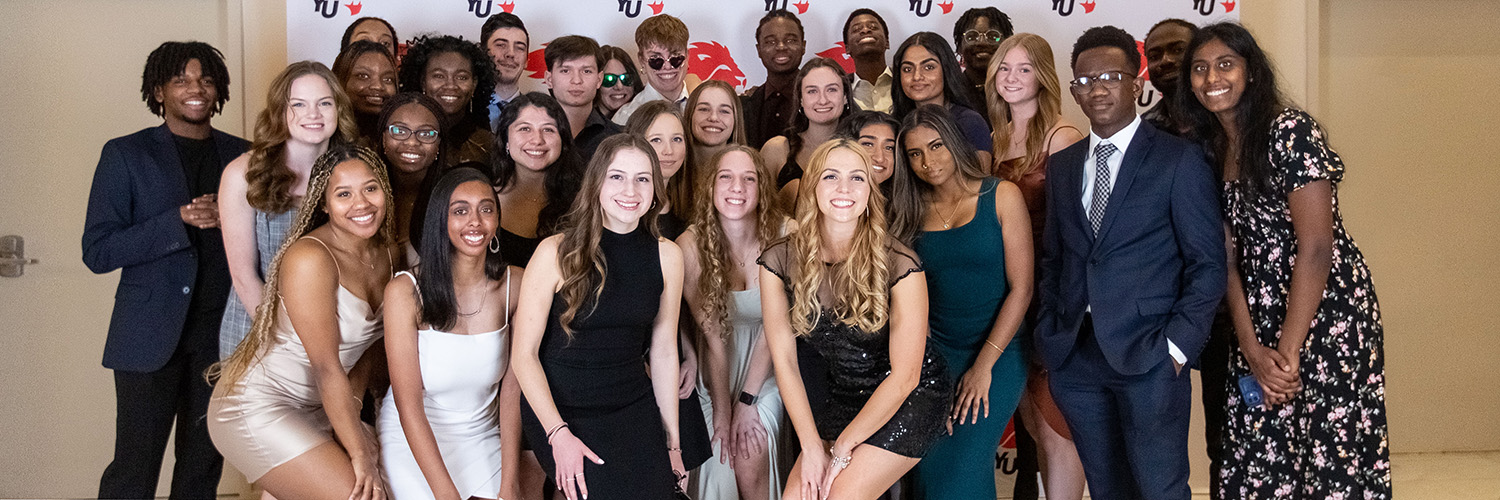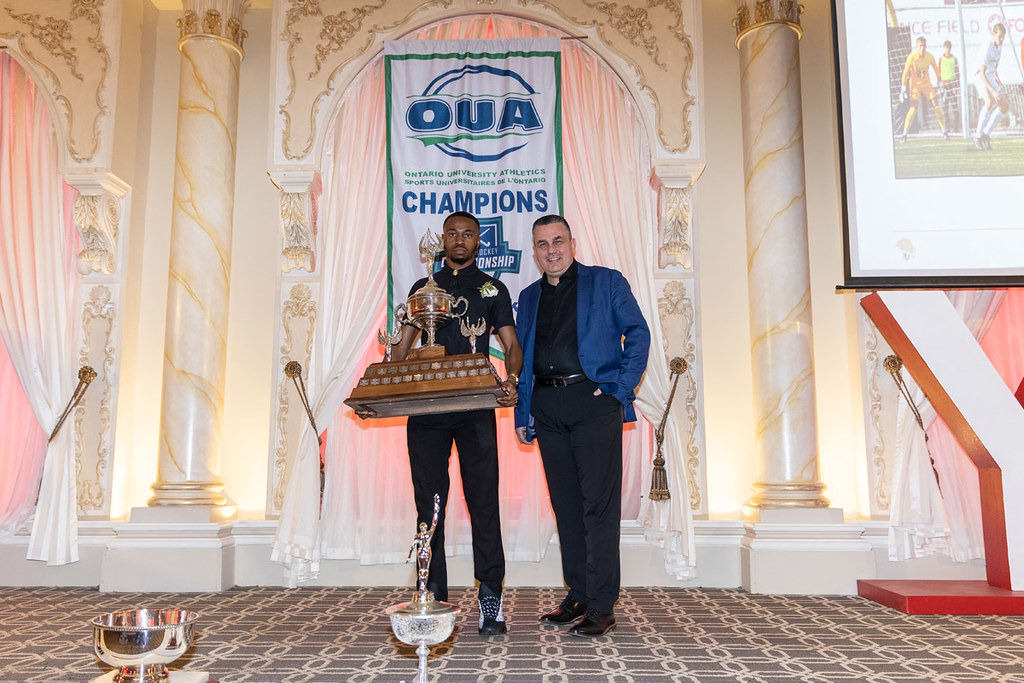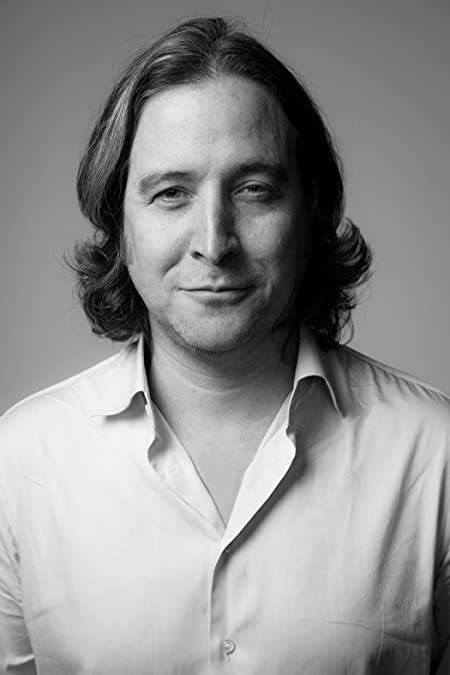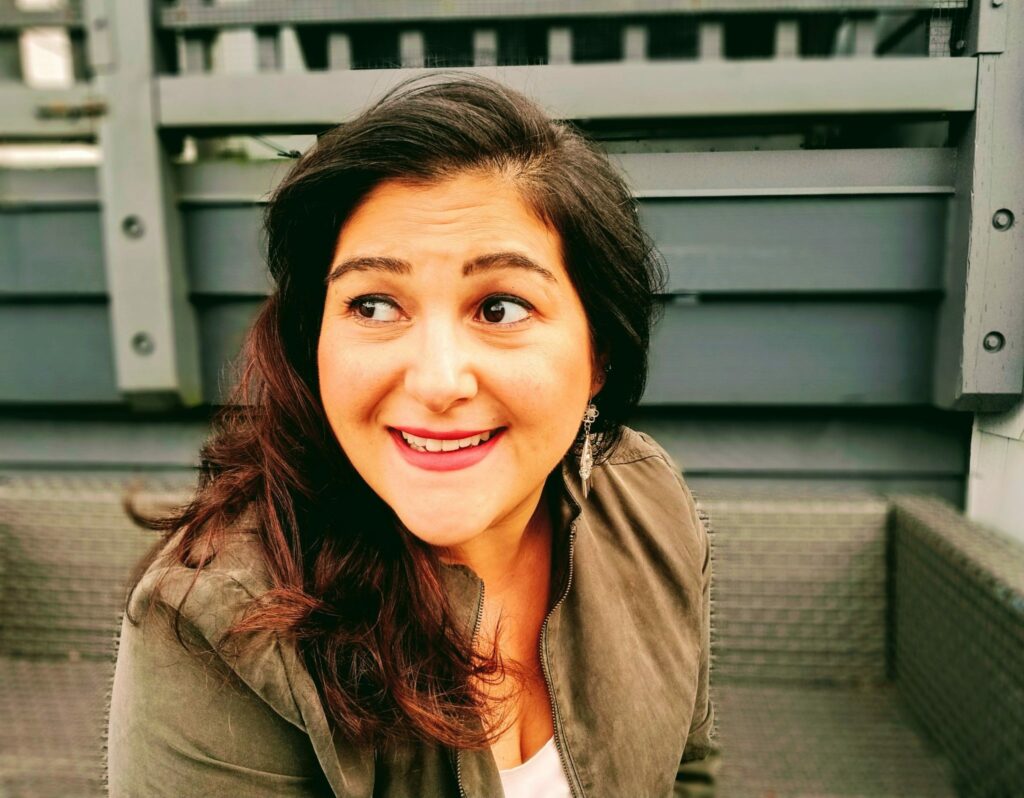An interdisciplinary project between professors in the Department of Earth & Space Science Engineering and the Department of Computational Arts at York University is promoting sustainability in space.
Resident Space Objects (RSOs), such as satellites and rockets, are frequently launched into space for different missions but are not removed after they serve their purpose or become non-functional. This creates an overcrowded and unsustainable environment which can interfere with space assets and activities.
To tackle this complex issue, Professor Regina Lee from the Lassonde School of Engineering has focused her research on developing satellite technologies for space situational awareness missions. These technologies enable the identification of inactive satellites that should be removed from space and track active satellites that are at risk of collision with other objects. The collected information can then be communicated and used to notify scientists about the status of their satellites, encouraging their removal or other required action.

“We talk about sustainability all the time, but what about sustainability in space?” says Lee. “We need to start bringing this idea to the public domain, we need to reach larger audiences.” This complex task required an interdisciplinary approach, one which is central to Lassonde and is part of what differentiates the School.
To spread awareness of this issue and make her research more accessible, Lee collaborated with a fellow professor from York on an interdisciplinary creative project that combines art with science, titled “Space Situational Awareness and Us,” and aims to bridge knowledge gaps and address the world’s greatest challenges.
The project was created by Principal Investigator Professor Joel Ong from the Department of Computational Arts in the School of the Arts, Performance, Media & Design (AMPD) at York University, through the Social Sciences and Humanities Research Council (SSHRC) New Frontiers in Research Fund grant.
The project was proposed in 2019 during a speculative conversation between Lee, Ong and their students, as well as data visualization artist Scott Hessels at Sensorium: Centre for Digital Art and Technology, an organized research unit out of AMPD where they discussed different perspectives on the visualization of satellites and space junk. “We realized that there were significant overlaps in our strategies, particularly in the way we were all finding creative solutions to read images, infer data and compose photographs. It made sense for us to take this further and build our skill sets through interdisciplinary experimentation,” says Ong.
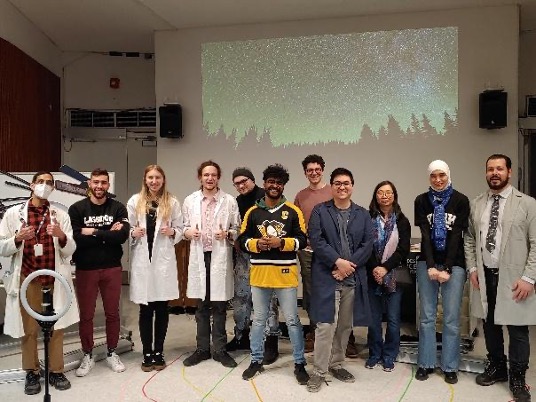
“Space Situational Awareness and Us” includes several artistic presentations and exhibitions about Lee’s research regarding the environment in space, objects that orbit our planet and space surveillance using small satellites. During March Break (March 13 to 19), one of the artistic presentations, titled “Satellites & You” was demonstrated at the Ontario Science Centre to youth and their families. This presentation was co-written and directed by Lee’s students: Akash Chauhan, PhD candidate, and Vithurshan Suthakar, MSc candidate.
Presentations about Lee’s research were led by her graduate students who engaged with the audience using creative props, interactive demonstrations and informative videos. Youth in the audience were invited to write messages that will travel to near-space and back to earth with one of Lee’s nanosatellites in an upcoming mission.
In addition to presenting her research, Lee used the project to encourage youth to consider pursuing career paths in STEM. “Science is usually introduced to students when they’re older, but I think we should show younger generations what opportunities exist as early as possible,” says Lee. Along with her students, Lee will continue showcasing space research to k-12 classrooms, summer camps and community-based programs over the coming months.
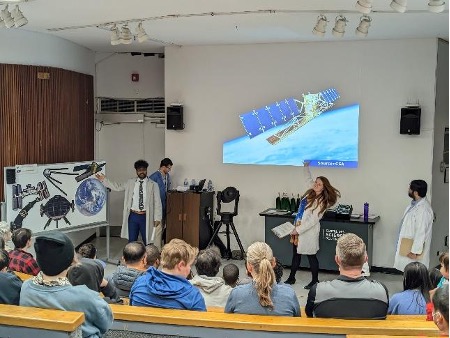
Another goal for this project was to promote diversity in space sciences and engineering, especially among young girls. “Women are already underrepresented in engineering, but there are even fewer women in space programs,” says Lee. To help inspire girls, Lee ensured that most presentations of her project included at least one of her female students in a major role. “I want to promote women in space in a subtle way, it’s important for young girls to see what is possible.”
Lee will be continuing her work with Ong, developing creative installations that will be displayed at various exhibits, including the Macintosh Gallery at Western University in London, Ont. Ultimately, Lee hopes art can help reignite conversations about satellites. “There was a time when everyone was excited about satellites being launched into space,” says Lee. “I want to bring that passion back.”


